Seven Crashes: The economic crises that shaped globalisation
Yale University Press, US$32.50 hb, 374 pp
Turnip winters
This fascinating and frustrating volume is really three books in one: a compilation of revelatory portraits of seven modern economic crises; a beautiful essay on language, literature, and finance; and an effort to draw lessons from the seven calamities. Of the three books, two are brilliant, one less so.
Heroes and anti-heroes loom large in each of the economic crises. Harold James’s descriptions are spiced with unsympathetic portrayals of figures such as Woodrow Wilson, Alan Greenspan, Larry Summers, Friedrich Hayek, Milton Friedman, Sir Robert Peel, and Napoleon’s nephew, Louis Napoleon, whom German Chancellor Otto von Bismarck called ‘a sphinx without a riddle’.
James evokes well the trauma of the crises. During World War I shortages in Germany, turnips were a common substitute for bread and other staples; the harsh winter of 1916–17 was known as the ‘turnip winter’. Hospital staff left graphic accounts of how starving patients could not be let outside ‘because they would seize unripe fruit, chestnuts, even grass and weeds, in order to attempt to satisfy an unbearable, impossible hunger’. James also captures the calamitous impact of German inflation after World War I, during which the mark fell to one trillionth of its pre-war value.
Continue reading for only $10 per month. Subscribe and gain full access to Australian Book Review. Already a subscriber? Sign in. If you need assistance, feel free to contact us.


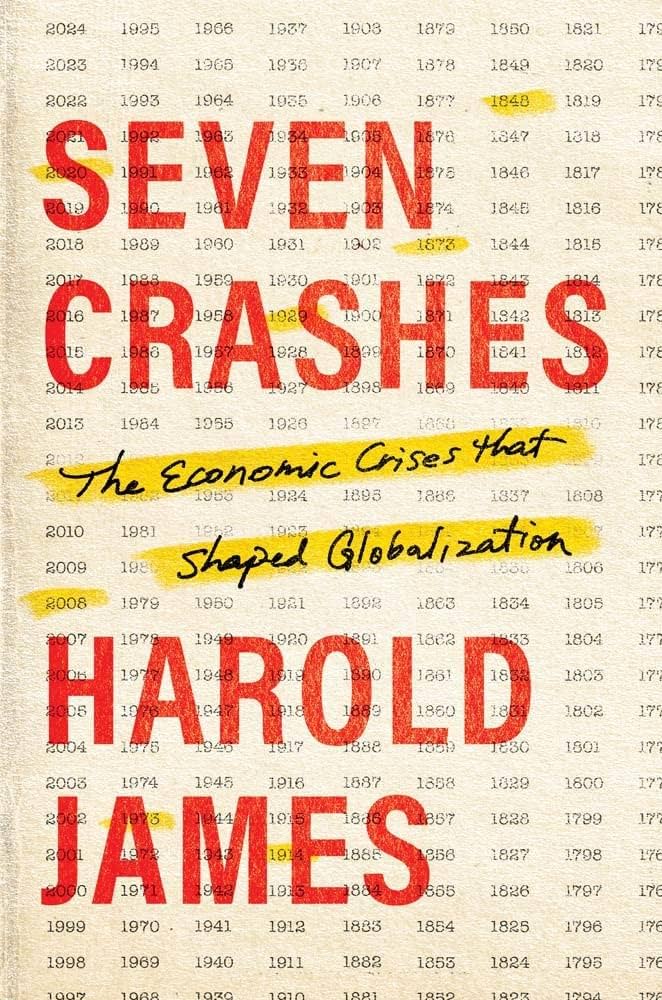
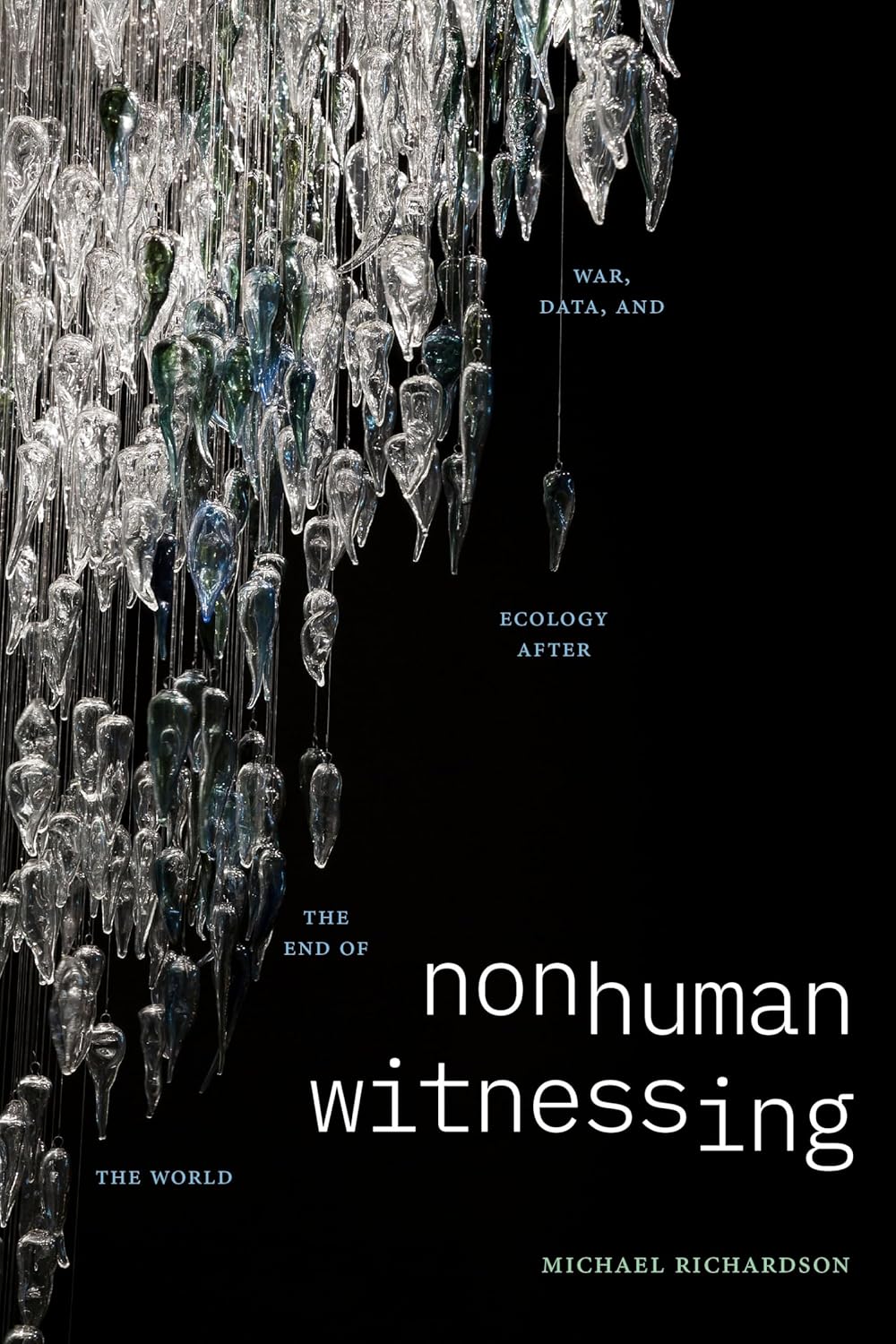
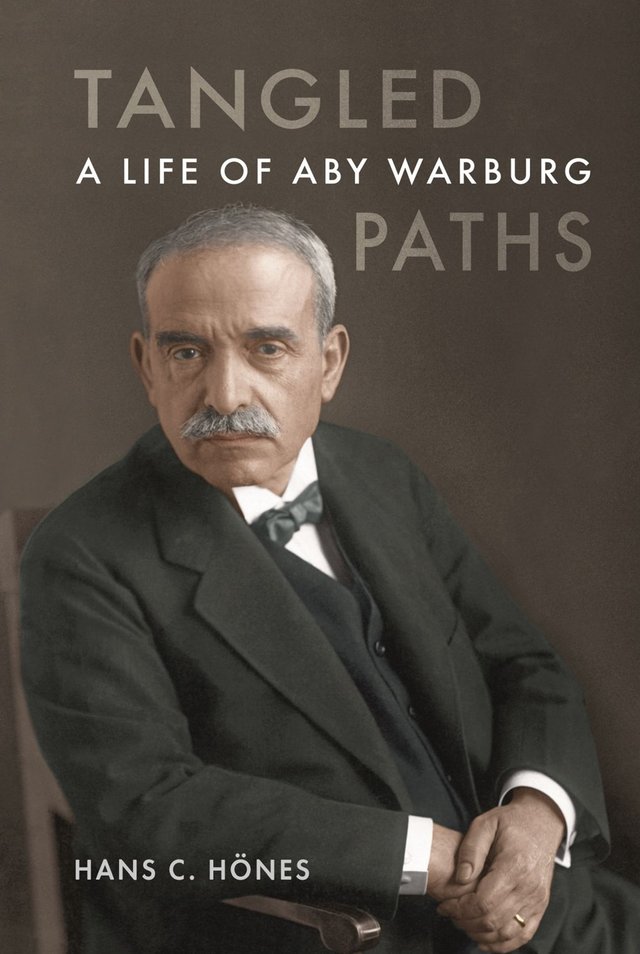

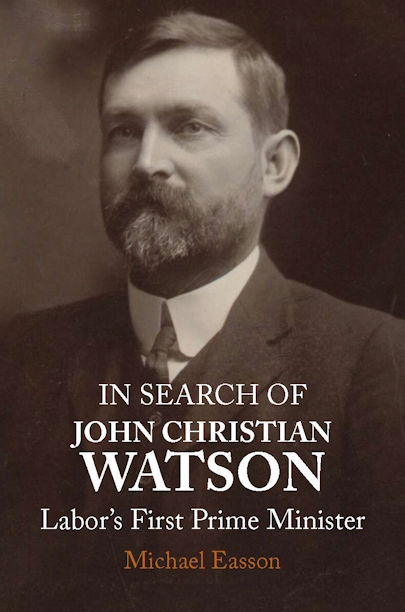

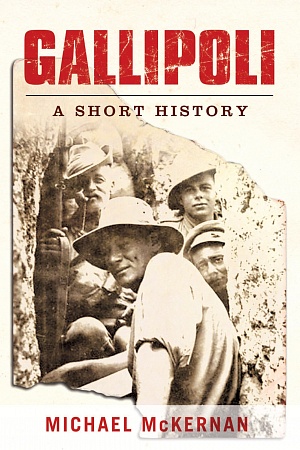


Leave a comment
If you are an ABR subscriber, you will need to sign in to post a comment.
If you have forgotten your sign in details, or if you receive an error message when trying to submit your comment, please email your comment (and the name of the article to which it relates) to ABR Comments. We will review your comment and, subject to approval, we will post it under your name.
Please note that all comments must be approved by ABR and comply with our Terms & Conditions.